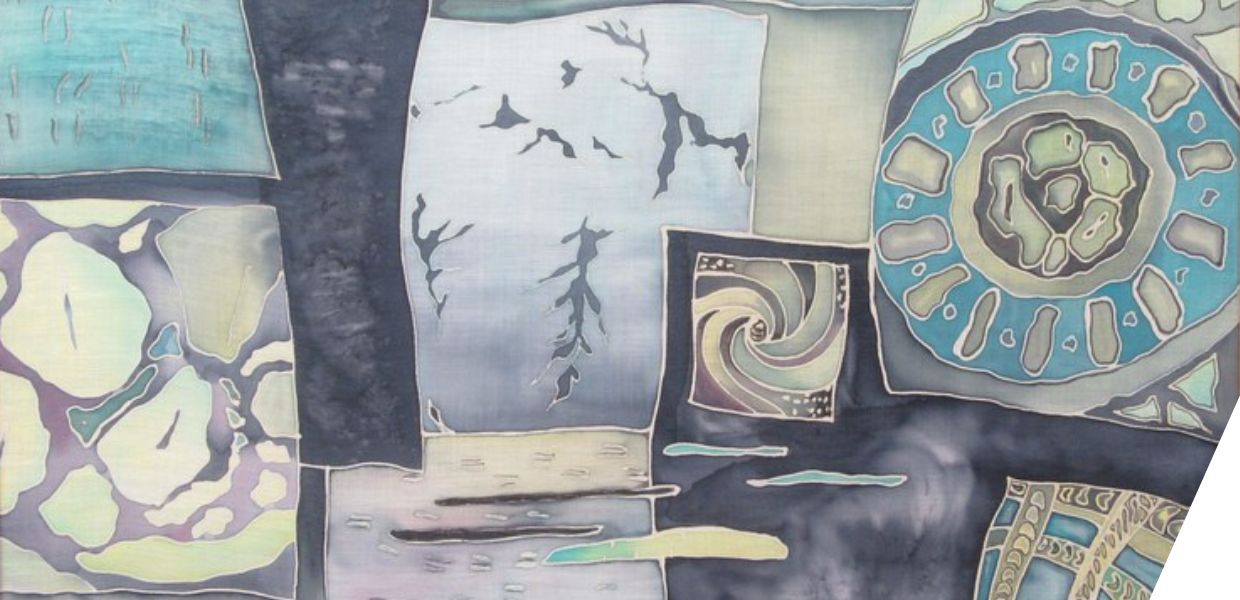Embracing inclusive practices
The DE-BIAS project, funded by the Digital Europe Programme and implemented by a consortium of aggregators, SMEs, knowledge institutions and organisations specialised in participatory practices, aims to foster a more inclusive and up-to-date approach to describing cultural collections. DE-BIAS seeks to democratise the sector by addressing power imbalances and fostering co-creation with historically disadvantaged communities. This approach is underpinned by a commitment to social justice, democracy, and polyvocality, ensuring that all voices are heard and valued.
Central to this project is the development of an AI-powered tool designed to detect and contextualise offensive terms in the metadata of cultural heritage collections, in turn to promote the use of respectful and inclusive language. A second pillar of the project, directly feeding into the tool, is active collaboration with minoritised communities hitherto under- or misrepresented in metadata. To this end, the project consortium has been co-creating content and context for historical records and their metadata in a series of workshops with focus groups from the Congolese community in Belgium, the Surinamese community in the Netherlands, the Jewish community in Germany and the LGBTQI+ communities in Rome and London.
A free and open resource
Drawing on this work, the project has issued a new online publication, the Community Engagement Methodology - a blueprint for cultural institutions looking to engage communities more effectively and equitably. Authored by experts from ECCOM and KU Leuven and collating relevant EU policies with insights gained through previous projects as well as the rationale designed for DE-BIAS specifically, the methodology provides a detailed framework for conceptualising, planning and evaluating community engagement activities, ensuring they are inclusive, safe, and trust-based.
Highlights of the methodology
Heritage and legacies
The publication delves into the role of heritage in shaping identities, highlighting how cultural heritage can serve as a dynamic and evolving reflection of societal values and beliefs.
Engagement strategies
It outlines practical strategies for engaging communities, emphasising empathy, open dialogue and storytelling. These approaches are designed to foster reciprocal and meaningful interactions between cultural institutions and the communities they serve.
Good practices and case studies
The methodology includes a wealth of case studies and examples of successful community engagement projects. These real-world examples provide valuable insights and inspiration for GLAM professionals seeking to implement similar initiatives.
A dynamic and flexible framework
Recognising that community work is inherently dynamic, the publication offers a flexible framework rather than a rigid set of rules. It encourages cultural heritage institutions to adapt the methodology to their unique contexts and community’s needs.
Routes to reflection
A section readers might find of particular interest is entitled ‘Routes to reflection’. This chapter provides critical guidance by introducing three signposts designed to facilitate deeper reflection and more effective community engagement.
Signpost 1 - Introspection encourages cultural heritage institutions to critically assess their own biases, assumptions and practices. By fostering a culture of self-awareness, institutions can identify and address potential barriers to inclusive engagement.
Signpost 2 - Collaboration emphasises the importance of partnership and advocates for genuine collaboration with community members. It highlights the need for co-creation and shared ownership of projects, ensuring that community voices are integral to the process.
Signpost 3 - Sustainability focuses on the long-term impact of engagement activities. This section underscores the necessity of building sustainable relationships with communities, rather than temporary or superficial interactions. Sustainable engagement fosters trust and ongoing dialogue, enhancing the relevance and inclusivity of cultural heritage institutions.
By incorporating these signposts, the ‘Routes to reflection’ section provides a roadmap to navigate the complexities of community engagement.
Join the conversation
The Community Engagement Methodology offers valuable resources, reflections and recommendations to enhance your community engagement practices, whether you are a seasoned expert or new to the field. We invite you to explore the publication (also available on the DE-BIAS project page). Read your way towards a more inclusive and equitable cultural heritage sector and share your reflections or your own experiences with regards to community work with the project team via [email protected].


